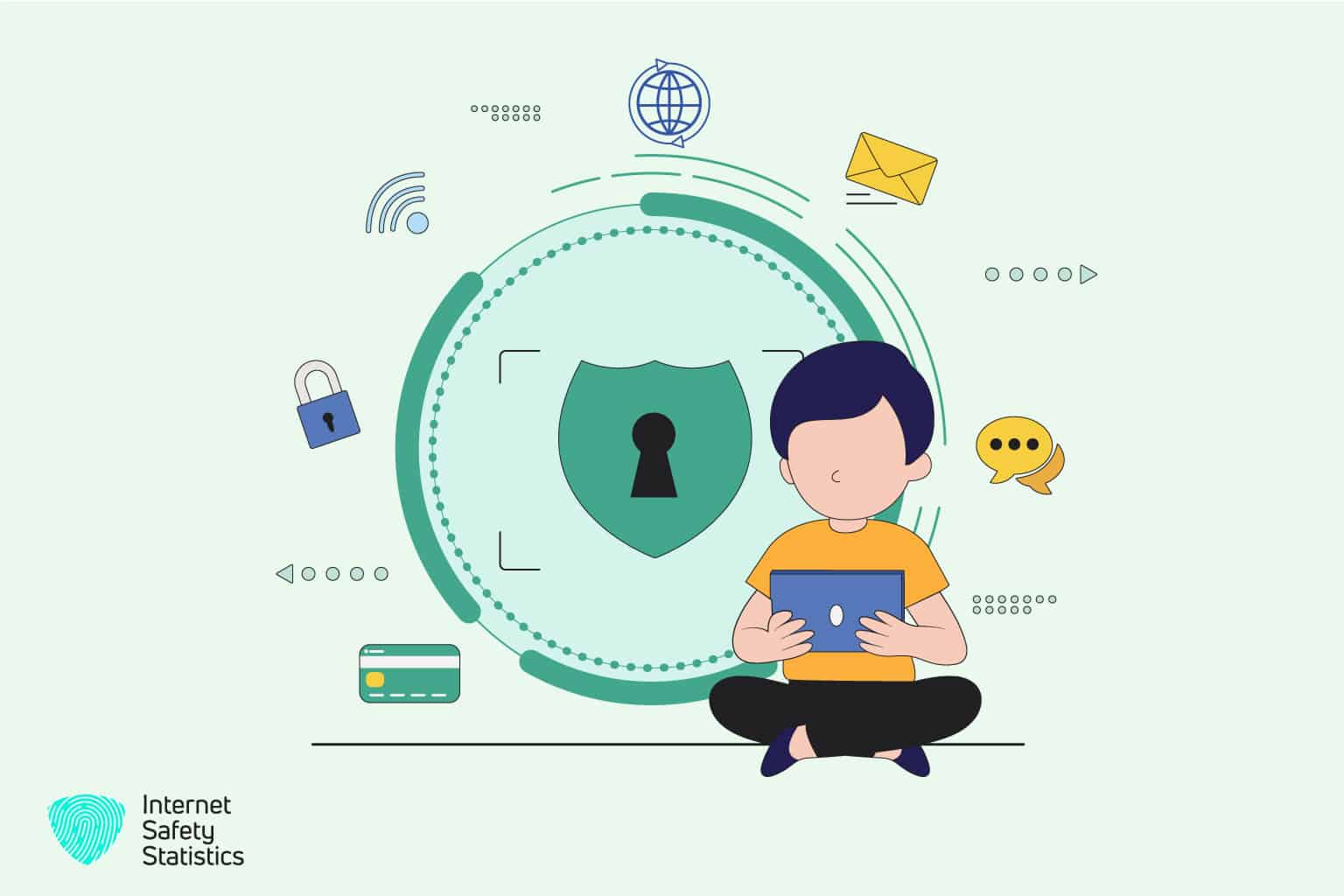
With easy access to the Internet, both at school and at home, kids are vulnerable to becoming a victim of an online crime and becoming a target of cyberstalking and bullying. Predators are using these online resources to make it easier to solicit children and find their next victim. That is why it is extremely important parents are aware of their child’s online activities. This article will cover some tips on Internet safety for kids.
Online risks
The Federal Bureau of Investigation (FBI) has put together a guide to help educate parents and offers tips on Internet safety for kids. The FBI states that the cyber world is a way children can expand their horizons while it introduces them to different ways of life and cultures from around the world. Thus, this also opens the doors allowing some predators to manage their way into a child’s life. The FBI states that predators work hard to appeal to their victims by offering attention and gifts. Things the child may not be receiving at home. Some will do anything to make themselves more appealing, including studying up on the latest trends.
Other predators do not waste the time learning about what is hip and get right down to business by immediately engaging in sexually explicit conversations with a minor over the Internet. Some predators will seek face-to-face interaction by drawing the child away from friends and family to a secluded location.
Signs
It is important that you, as a parent, are aware of the signs that your child might be at risk. The number one sign that your child may be at risk is if he or she spends a majority of his or her free time online, including in chat rooms. Reduce the risk by monitoring and limiting the amount of time your child spends on the Internet and encourage more family time to distract him or her from rushing to get back online after school, homework, and/or dinner.
Many predators will send pornography to your child. This may be a sign, especially if you find multiple files containing pornography on your child’s computer. This could mean that your child has been engaging in sexual conversations with another.
Other signs include receiving gifts from unknown persons and addresses, your child abruptly turning off the computer when you enter the room, and your child becoming withdrawn from the family.
Tips on Internet Safety
There are different ways to protect your child from falling victim to an online predator. The actions you take may depend upon your child’s Internet behaviour and should be geared to what will work with your child. The National Children’s Advocacy Center provides tips on Internet safety for kids and actions you can take now to prevent your child from being victimized.
- Constantly monitor your child’s computer and Internet activity. Check to ensure they are not receiving any materials that are inappropriate for his or her age
- Regularly talk with your child about what he or she does while online
- Know your child’s social media and email passwords
- Set an online schedule for your child
- Spend time with your child online. Sit down and play an online game or search for information about an upcoming vacation together
- Do not let your child keep the computer in his or her room
- Use your computer’s parental controls and privacy settings
- Explain the dangers involved with being online
- Encourage your child to communicate with you when he or she receives something they are unsure of
- Instruct your child to never download anything while online, including messages, photos, and other files that have been sent to him or her
- Teach your child to never post personal information online, including phone, address, or the name of his or her school
- Instruct your child to never meet anyone he or she met online in person
- Tell your child to never give out any of his or her passwords for email, Internet, and social media accounts (except for parents)
- Make sure your child is only adding friends to their social media accounts that he or she knows in person
Take the time to sit down with your child, especially if you feel your child has become an online victim or is at risk of becoming one. Discuss online etiquette and the importance of visiting approved sites. Being an active part of your child’s life, on and offline, will help reduce your child’s chances of becoming a victim.
